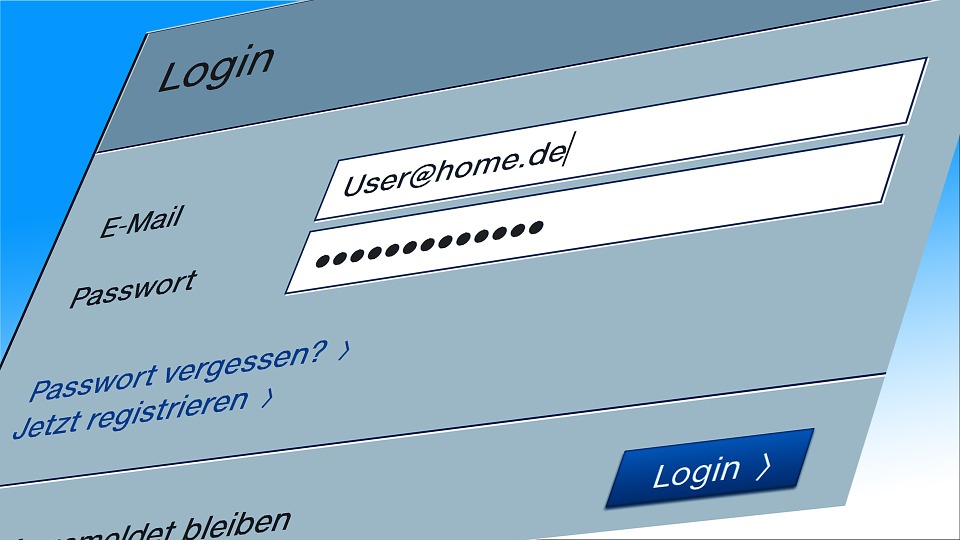If your family is regularly engaging with technology, you will need to understand how best to protect your digital information. Failing to plan could result in you losing important documents and priceless family photos. It could also place you at risk from viruses, malware, and hacking. The digital world is full of incredible opportunities, but you need to know how to navigate it. Below are four tips that will help you to make use of technology safely.

1. Organize your folders
If you are sharing your devices with a lot of other people, it is important that you stay on top of your folders. Otherwise, you could risk losing important information or using all of your storage space. Why not host a family meeting? It’s the perfect chance for you to establish clear ground rules for creating files and labeling documents. Or, if you share a family camera, you could place a limit on the amount of time that images are stored on it before being moved elsewhere. The most important thing is that you and your loved ones are on the same page in regards to keeping your devices free from chaos and clutter.

2. Organize your passwords
When you are holding your family meeting, you could also discuss the passwords that you are using. If you are going to protect all of your digital information, you will need to make sure that everyone understands how to create a strong password. Ideally, you should be using passwords that include a mixture of capital letters, lowercase letters, and numbers. You should also find a safe space to store all of your family passwords. That way, you will know where to look if you ever forget the one that you need. You may also decide that you need to use password protection to keep your youngsters away from certain areas of your devices. Perhaps you don’t want them to have access to some of the important files or images that you have saved. Maybe, you want to keep them away from dangerous sites that could compromise your entire system. Whatever the case, password protection is a great way for you to take control of your technology.

3. Have a backup plan
If anything should go wrong with your digital information, you will benefit from having a backup plan in place. It will help you to stay calm and to avoid compromising your devices even further. One of the best ways for you to achieve peace of mind is to invest in reliable data recovery software. The handy software will help you to navigate common file loss scenarios within minutes of installation.

4. Embrace the benefits of social media
Although social media has its risks, it can also be a great way for you to protect your digital information from a hard drive failure or accidental deletion. It’s especially true when it comes to keeping your photographs safe. Instead of just storing them on devices, you should also consider moving them onto your online accounts. If you are uncomfortable with popular sites such as Facebook or Instagram, you could always try more private social media networks. These will help you to place a limit on the number of people that access your images and interact with your profiles.

